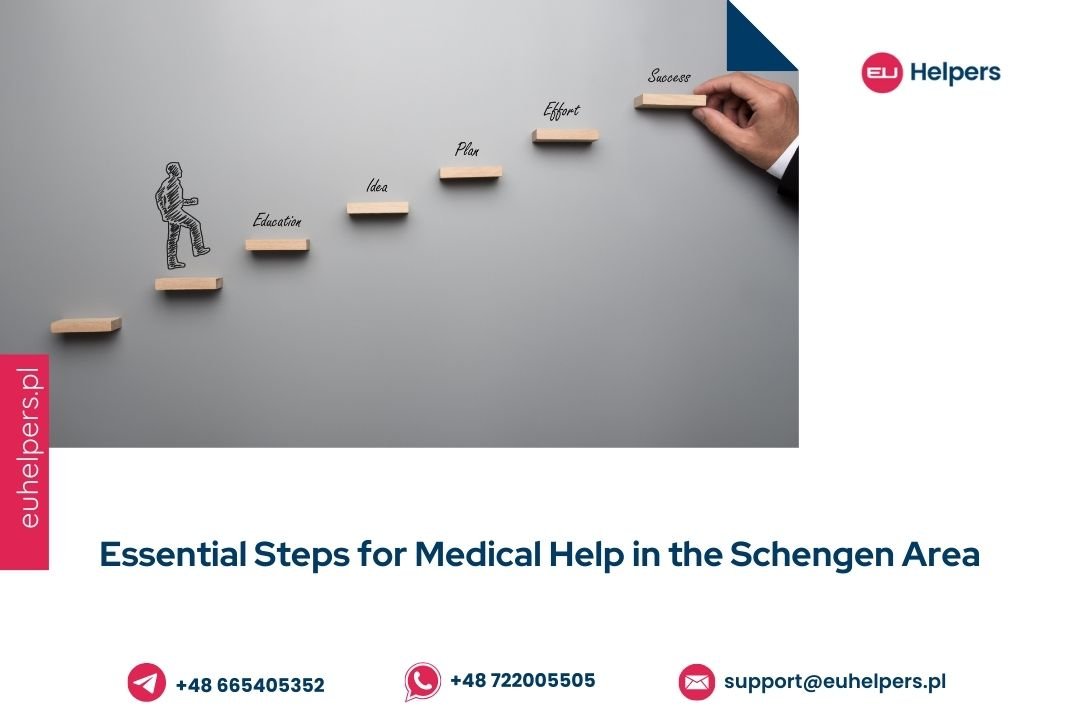Traveling within the Schengen Area can be an exciting experience, but it’s essential to be prepared for unexpected situations, including medical emergencies. If you find yourself in need of medical assistance while in this region, follow these detailed steps to ensure you receive the necessary care and can navigate the insurance process effectively.
1. Contact Your Insurance Company Immediately
The first and most crucial step in the event of a medical emergency is to contact your travel insurance provider. Most insurance companies offer a 24/7 emergency hotline to assist travelers in distress. Have your insurance policy number and personal identification readily available when you make the call.
2. Assess Coverage and Services
Once you reach your insurance company, discuss the specifics of your situation. It’s vital to verify whether your policy covers the medical assistance you require. Some insurance plans have limitations or exclusions based on the type of treatment, the facility, or the location. Understanding your coverage will help you make informed decisions about where to seek care.
3. Seek Medical Assistance
After clarifying your coverage, proceed to find a local healthcare provider. Depending on the severity of your situation, you may need to visit an emergency room, a local clinic, or call for an ambulance. In many Schengen countries, you can expect quality healthcare, but it's still advisable to choose facilities that are recognized by your insurance provider to avoid potential complications with reimbursements later on.
4. Keep Detailed Records
Throughout your medical experience, ensure that you keep meticulous records. Collect all receipts, medical reports, and any notes provided by the healthcare professionals. These documents are essential for filing a claim with your insurance company later. If possible, ask for a detailed invoice that outlines the services provided, as this can expedite the reimbursement process.
5. Follow Up with Your Insurance Provider
After receiving medical treatment, reach out to your insurance company again to initiate the claims process. Submit all the necessary documentation you collected, including receipts and medical reports. Your insurance provider will guide you on how to proceed with the claim and inform you of any additional information they may require.
6. Be Aware of Local Emergency Services
While traveling in the Schengen Area, familiarize yourself with local emergency services and their contact numbers. In most countries, dialing 112 will connect you to emergency services, including ambulances and police. Knowing these details beforehand can save valuable time in an emergency situation.
Experiencing a medical issue while traveling can be daunting, but being prepared and informed can make the process smoother. By contacting your insurance provider promptly, understanding your coverage, and keeping thorough records, you can navigate your medical needs effectively while enjoying your time in the Schengen Area. Always prioritize your health and safety, and do not hesitate to seek help when necessary.


